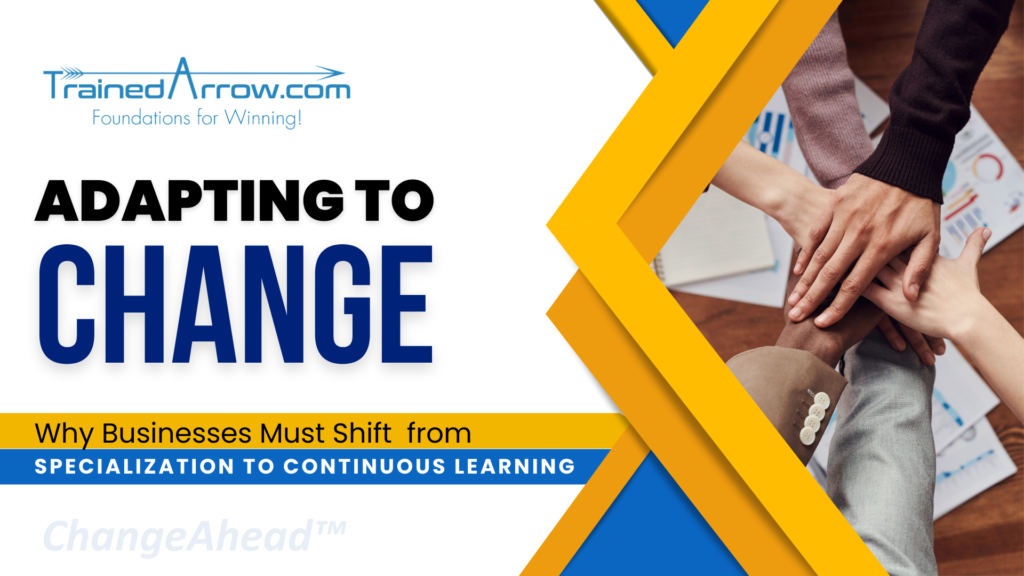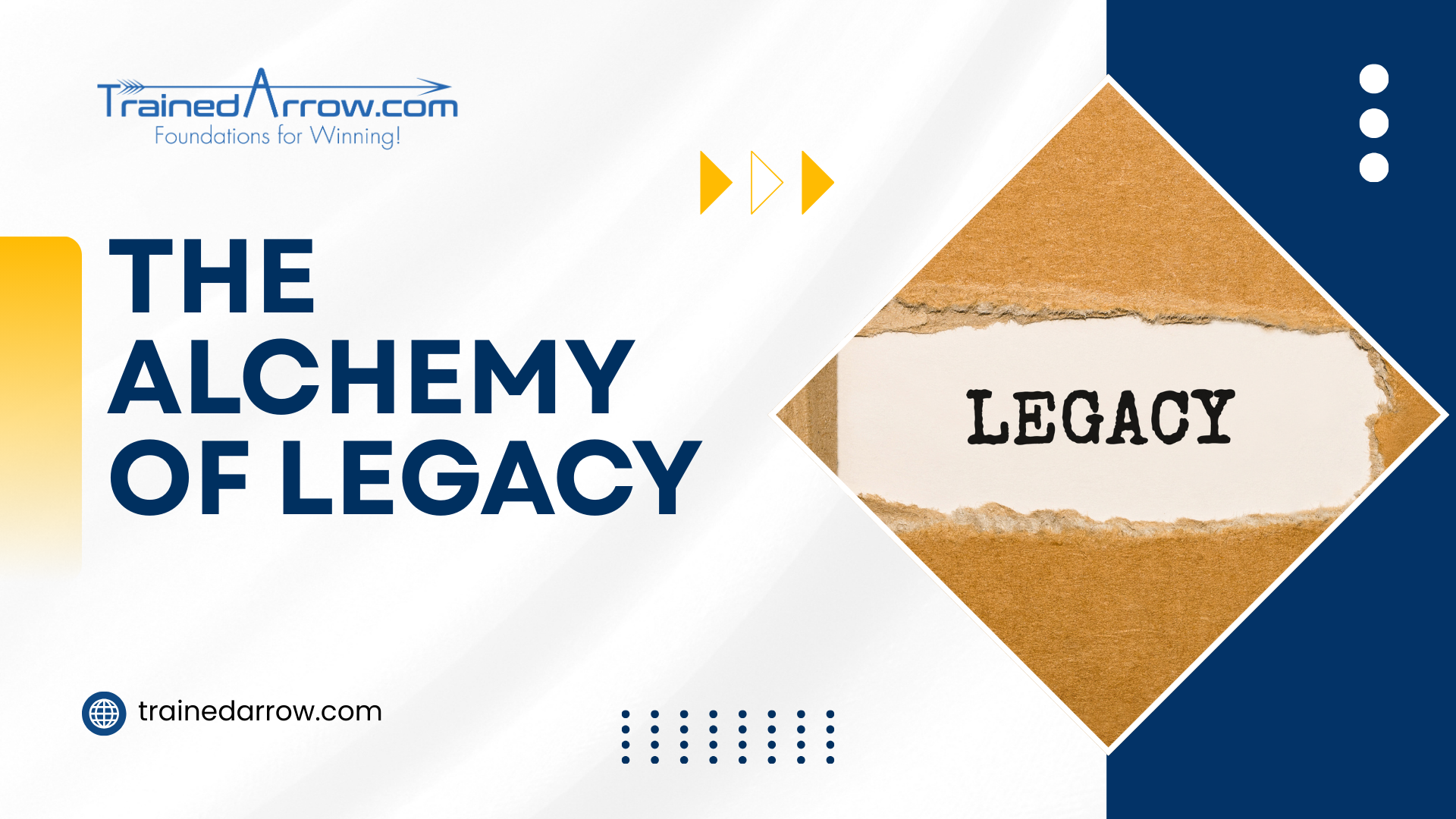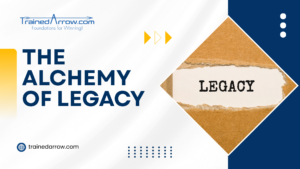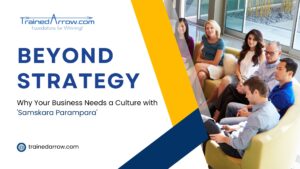Introduction
In a world where globalization, new technologies, and demands for greater transparency constantly reshape the playing field, businesses can no longer afford to remain static. The ability to adapt swiftly and efficiently has become a crucial survival skill. This blog explores why modern businesses must shift from being just skilled at specific tasks to becoming adept at learning and mastering new skills continually.
Challenges Presented by the Modern Business Environment
Globalization has expanded market reach but also brought intense competition from new quarters, necessitating innovative approaches to capture and retain customer interest. Technological advancements are rapidly rendering old tools and techniques obsolete, while increased demands for transparency require businesses to be more accountable in their operations. These factors combine to create a dynamic environment where only the agile thrive.
The Shift from Specialization to Learning
Traditionally, businesses prided themselves on specialization – being the best at a few key tasks. However, in today’s fast-evolving environment, this is no longer enough. The new business imperative is flexibility: the ability to learn and adapt to new methods, technologies, and market demands quickly. This shift from specialization to a learning-oriented approach allows businesses to stay ahead of changes rather than merely reacting to them.
Benefits of Embracing a Learning-Oriented Approach
Embracing a learning-oriented approach enables organizations to be more innovative and responsive. It opens up new avenues for growth and allows companies to pivot quickly in response to unexpected market changes. Moreover, a culture that values learning attracts and retains top talent who are eager to grow and take on new challenges, further enhancing the organization’s capability to innovate and adapt.
Strategies for Fostering a Learning Culture
To foster a learning culture, organizations should invest in training and development programs that encourage exploration and innovation. Leadership should champion a mindset of continuous improvement and support initiatives that allow employees to experiment and learn from failures. Tools such as online learning platforms and collaborative technologies can facilitate ongoing education and skill development, making learning accessible to all employees.
Conclusion
As the business landscape continues to evolve, so must the strategies of organizations aiming to succeed. Moving away from mere specialization to fostering a culture of continuous learning and adaptability is no longer optional but essential. Reevaluate your company’s approach to change initiatives today to ensure they include a strong focus on continuous learning and development. Let’s prepare to not just survive but thrive in the face of continuous change.
![]()








